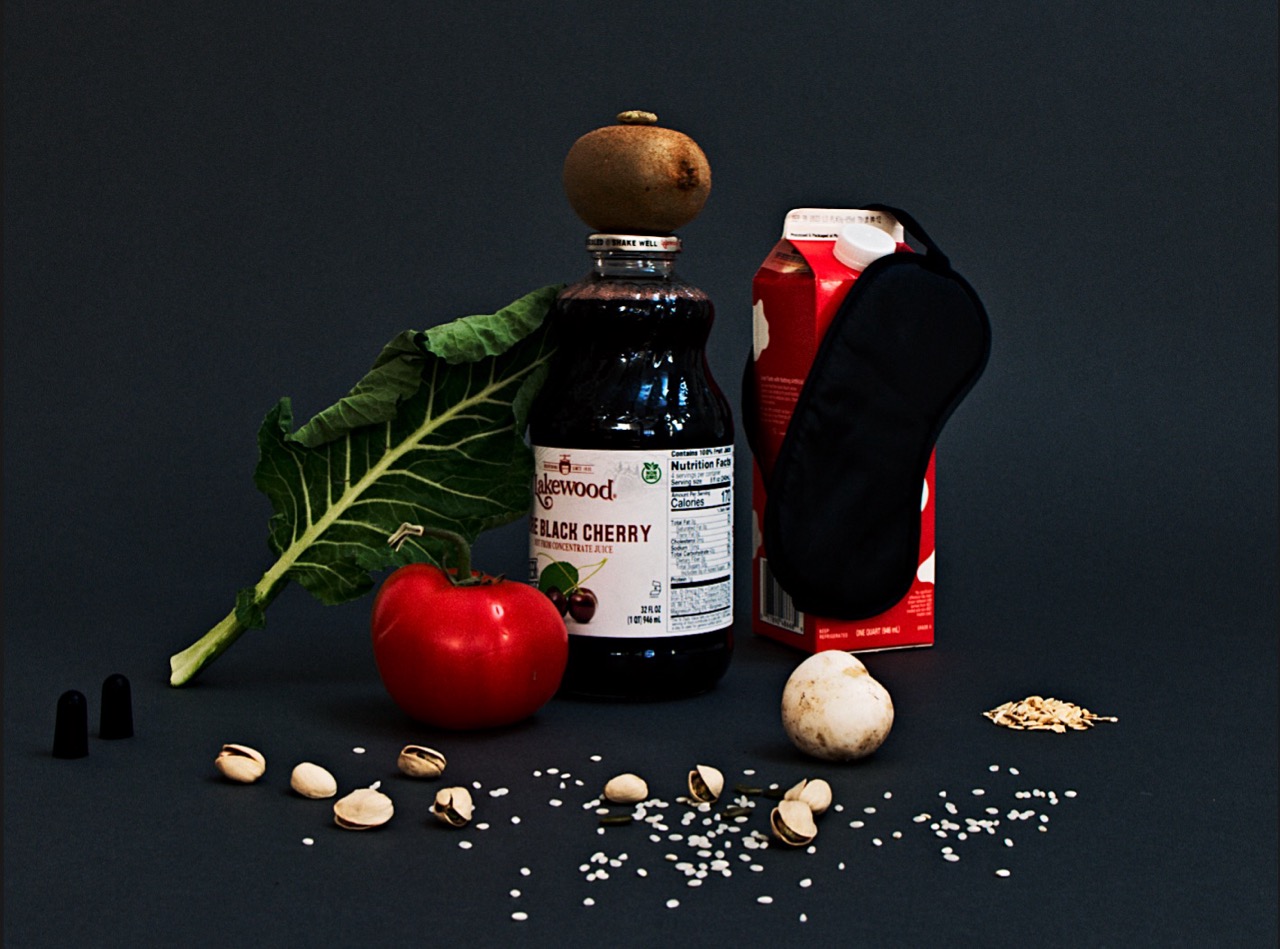
If you used to drink warm milk before bedtime as a child, or if you noticed the “sleepy girl mocktail” trend on social media last year, you know how endlessly appealing it can be to find the perfect food or drink to help you sleep.
But research in this field is just emerging, experts say — and there is no magic bullet ingredient or food that will guarantee a flawless slumber.
What is clear, though, is that what you eat throughout the day, and your diet in general, both play important roles in how you sleep. Here’s what we know.
What might help?
Some research has found links between consuming certain foods and drinks and better sleep, said Marie-Pierre St-Onge, an associate professor of nutritional medicine at Columbia University and the co-author of the new book, “Eat Better, Sleep Better.”
In several small trials, for example, researchers found that adults who drank two servings of tart cherry juice per day — one in the morning and another in the evening — slept longer and woke less throughout the night compared with when they consumed placebos.
Studies have also found benefits from consuming other foods, such as about nine ounces of raw beefsteak tomatoes two hours before bedtime, two kiwi fruits one hour before bedtime, and one-third of a cup of walnuts throughout the day.
But many of these studies were funded by industry groups, so their findings could have been biased. And they had various limitations. Most were performed on small groups of people with specific characteristics, for instance, such as 15 elite athletes, eight older adults with insomnia or 36 postmenopausal women with obesity. So researchers may not find the same results on larger or more diverse groups.
Some trials also weren’t placebo-controlled, so we can’t say if their results stemmed from the foods themselves or from participants’ expectations that their sleep might improve, said Michael Grandner, director of the sleep and health research program at the University of Arizona.
That said, it theoretically makes sense why some foods might help, Dr. Grandner said. Tart cherries, tomatoes, kiwi and walnuts contain the hormone melatonin, which could help signal to the brain that it’s time to sleep, he said. Other melatonin-rich foods — like rice, oats, cranberries, sunflower seeds, almonds, pistachios and some mushrooms — may help too, but researchers haven’t looked into whether they have similar effects, Dr. St-Onge said.

